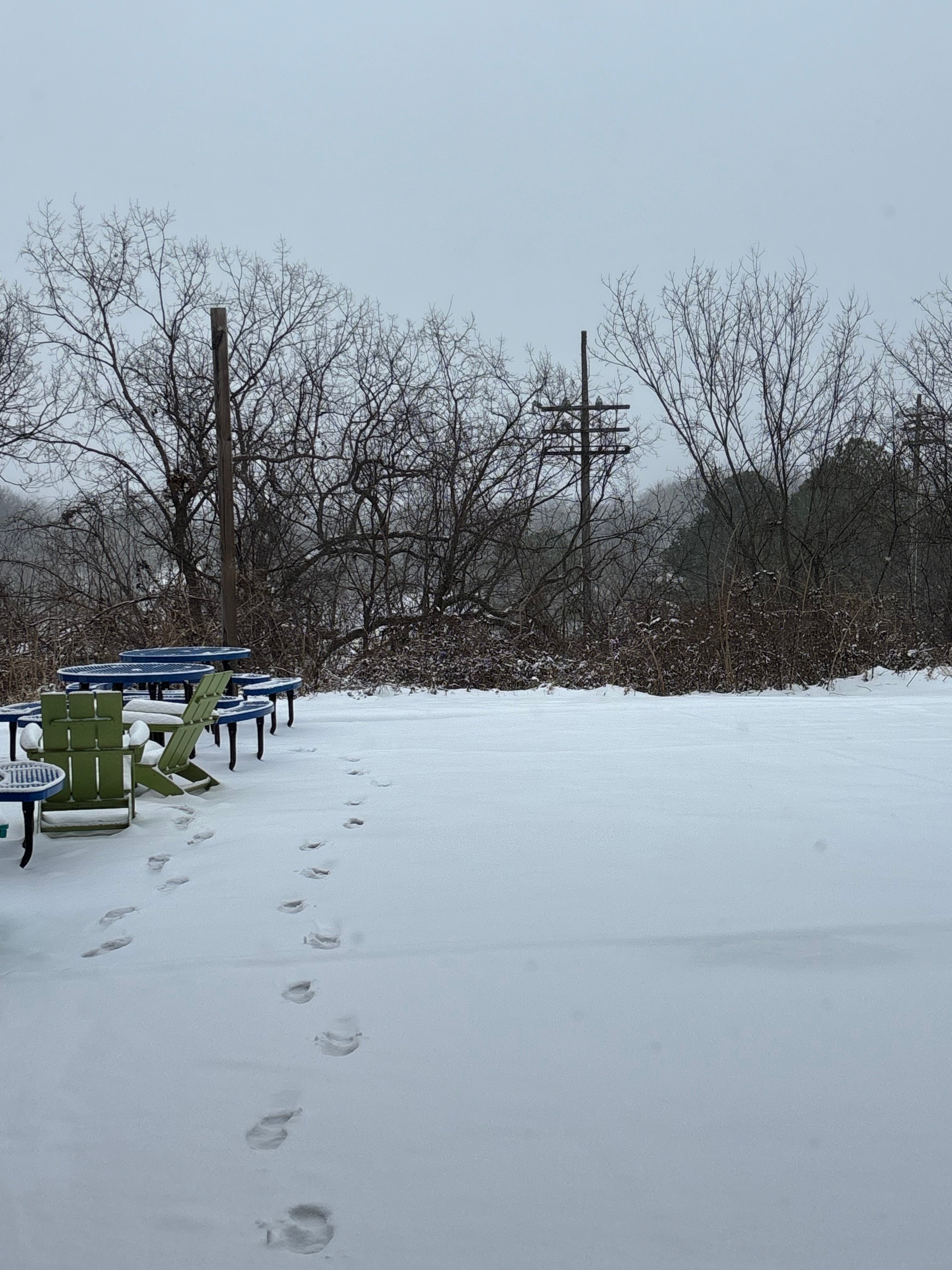![]()
If some asked me a question like “what’s your best memory in JBU,” I would like to say it was the Chicago Mission Trip”. I went to the Chicago mission trip on spring break with fifteen other students and staff. We used “Segregation” as the word to describe the area we stayed in. This was the place where a number of Africa-Americans lived. I was really surprised when I figured out our members were only white people and Asians. I realized that segregation is not restricted to the place, but it implies social and political issues. The person who is in charge of the Sunshine Ministries told us that the rate of poverty, unemployment and incarceration is much higher in a place where there is an Africa-American majority. It seemed that segregation goes together with discrimination against minorities.
I think segregation is not only limited to Chicago, but we can find it everywhere. For instance, I heard from one of the Korean students in JBU that she used to struggle with an invisible tension between people from different countries in high school. She could not get along with them. We can also find another example of segregation in the JBU cafeteria. People love to eat with those who have the same skin color, who speak the same language, or who are from the same country.
I am not saying that segregation is always bad. We have natural tendency to look for people who look the same and speak the same language. It is helpful for us to feel connected when we spend time with them. The thing is, when we linger in the comfortable area, we can easily lose the chance to communicate with other people who are different from you. This can lead to misunderstanding and conflicts with each other. Therefore, we should try our best to cross over the invisible border and go to a place where you don’t belong.
So these are the things we should know before we get started to do this. First, we should learn from the segregated people. We can easily miss to listen carefully to those people, especially to the minorities. To tell my stories as an exchange student in JBU, living here is somewhat difficult. I have a mouth, but I could not speak. I have ears, but could not listen. However, I feel very grateful to those who wanted to talk with me even though I had a struggle speaking English. Furthermore, we should seek God’s help to give us power to share Jesus’s compassion toward minorities. Jesus devoted his life to healing the sick and comforting them. Jesus was also a friend of tax collectors and sinners who were separated from a society. If we are going to keep help minorities, we need God’s power. We would be exhausted if we relied on our own strength.
It was a good mission trip to get to know how I can help segregated people. I hope we as students in a Christian university will try our best to help other minorities





